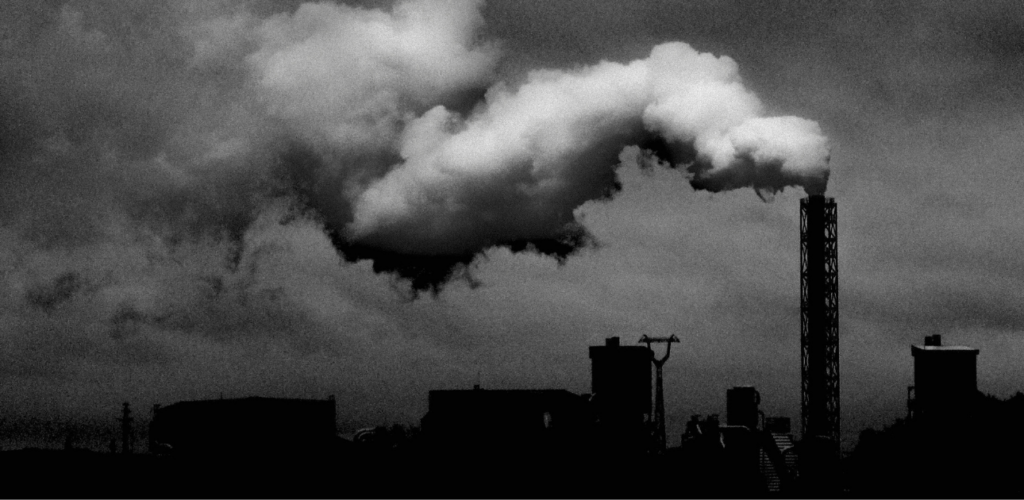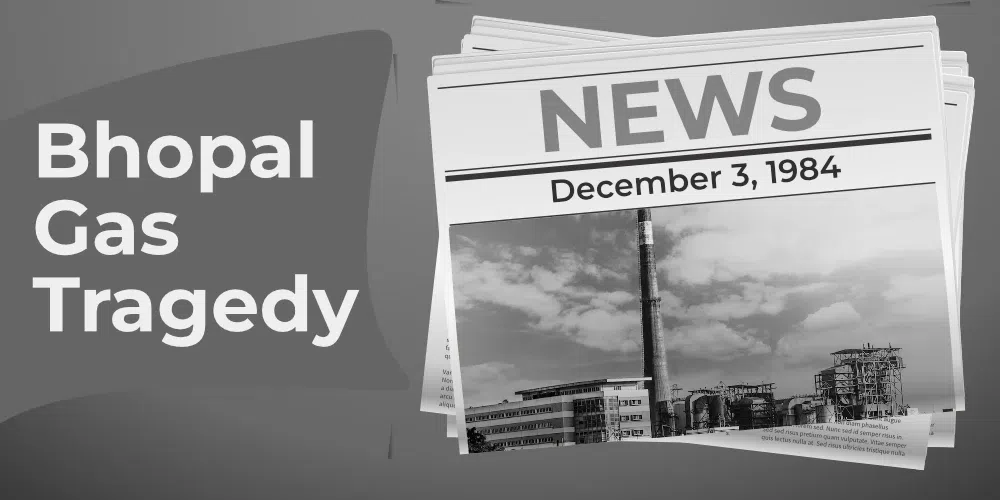The Forgotten Bhopal Tragedy: The Railway Men Resurface
The making of the miniseries "The Railway Men" sheds light on the heroic actions of the railway workers who played a crucial role in rescuing and evacuating thousands of people during the Bhopal Gas tragedy. Viewers have claimed the series to be a masterpiece.
But this article is not about the review of “The Railwaymen”, instead we will discuss about the factors that caused the Bhopal disaster, a catastrophic industrial accident that occurred in Bhopal, India, on December 3, 1984.
1. Design Flaws and Safety Violations: The Union Carbide India Limited (UCIL) plant in Bhopal had a number of design flaws and safety issues that contributed to the disaster. The storage tanks for the highly toxic methyl isocyanate (MIC) gas were poorly designed and lacked safety systems, such as pressure relief valves and alarm systems.

2. Human Error: A series of human errors led to the leak of MIC gas. A water hose was mistakenly inserted into a MIC tank, causing a reaction that triggered the leak. The plant's operators were not properly trained on safety procedures, and they failed to react promptly to the leak.
3. Understaffing and Inadequate Training: The UCIL plant in Bhopal was understaffed and its employees were not adequately trained in safety procedures. This contributed to the delayed response to the leak and theinadequate handling of the crisis.
4. Lack of Communication and Warning Systems: There was a lack of communication between the plant operators and the local authorities, which delayed the evacuation of the affected areas. The plant also lacked adequate warning systems to alert the public to the danger.
5. Short-Term Profits Over Safety: Union Carbide prioritized short-term profits over safety measures at the Bhopal plant. They cut corners on maintenance, safety training, and staffing, which ultimately led to the disaster.

The Bhopal disaster is considered the world's worst industrial accident, killing at least 3,800 people and causing over 500,000 injuries. The long-term health effects of the toxic gas exposure continue to affect the survivors and the community of Bhopal. The disaster highlights the importance of safety regulations, worker training, and corporate responsibility in preventing industrial accidents.

